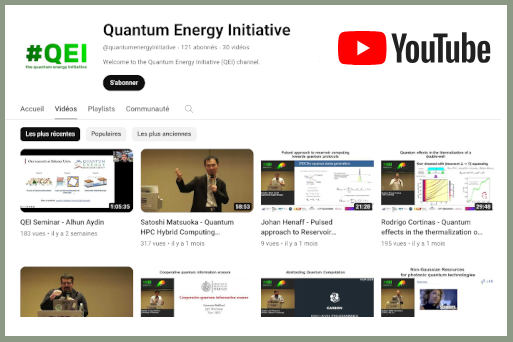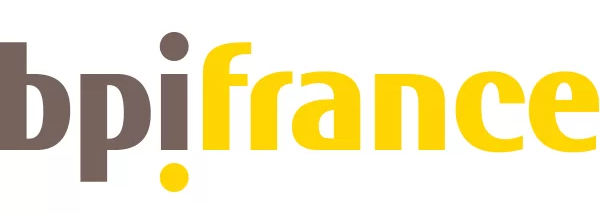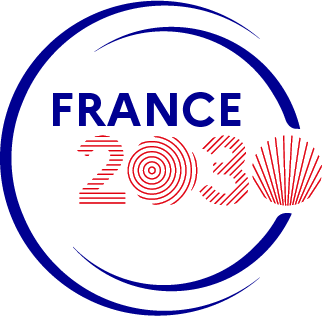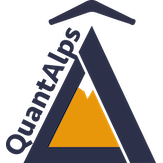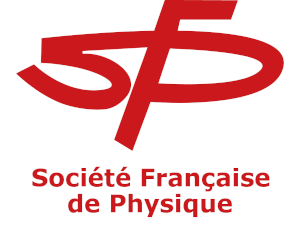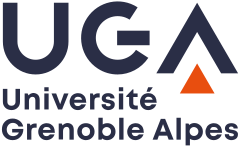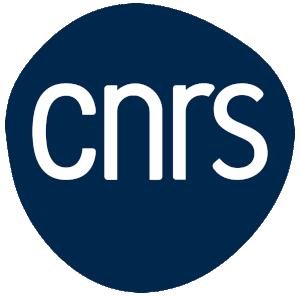
|
|
|
|
Post-Workshop UPDATE We thank all the participants for their strong support,
SEE WHAT YOU MISSED!! Videos of nearly all of the workshop's talks are in a playlist on the Quantum Energy Initiative (QEI) youtube channel. Final INFORMATION The second Quantum Energy Initiative Workshop was at MaCI in Grenoble, France, 6-10 Jan 2025. BEWARE OF ACCOMMODATION SCAM - Someone is taking names from this webpage, finding email addresses somewhere else online, and sending you messages proposing accommodation in Grenoble for the workshop. THOSE MESSAGES ARE NOTHING TO DO WITH US. We ask you to reserve your own travel and accommodation via your favorite websites, see "Practical information".
Goal of the Quantum Energy Initiative Workshops Launched in August 2022, the Quantum Energy Initiative is fostering a worldwide community of experts willing to develop scientific approaches to evaluating and minimizing the physical resource costs of emerging quantum technologies. This requires the synergy of a broad range of expertises, from fundamental quantum physics to enabling technologies, from hardware to software, from research to industry.
Building on the strong foundations at the first Quantum Energy Initiative Workshop (Singapore, Nov 2023), this second workshop will bring together highly renowned speakers of all these areas, to provide their vision on these exciting and essential questions. It will also leave time for discussions and crossed-fertilization to the build new methodologies and roadmaps. See Workshop Spirit.
TOPICS OF THE WORKSHOP - Research on energy or other resources in the following contexts:
For more details see: Workshop Topics.
Invited Speakers
See Program for the full list of speakers
Scientific & Organizing Committee
Sponsors
|
